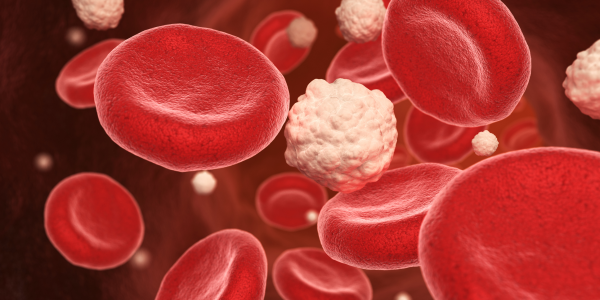Hormonal Health News
Conquering Stubborn Belly Fat: Understanding Cortisol's Role

- Cortisol 101: Dubbed the "stress hormone," cortisol can lead to stubborn belly fat when imbalanced.
- Lifestyle Impact: Factors like sleep deprivation, dieting, and environmental stressors can disrupt cortisol levels.
- Holistic Solutions: Balancing cortisol through nutrition, lifestyle changes, and mindful exercise can combat belly fat.
In today’s fast-paced world, stress is a common aspect of daily life, impacting everything from work to personal well-being. Its effects on the body, however, particularly belly fat, are often overlooked. Cortisol, known as the “stress hormone,” is at the center of this dynamic, playing a pivotal role in the body’s response to stress and influencing weight gain around the abdomen.
The Stress-Belly Fat Connection
Cortisol is essential for various bodily functions, including metabolism and blood sugar regulation. Yet, when stress becomes chronic, cortisol levels spike, triggering the mobilization of fat to the belly area, a relic from our ancestors’ fight-or-flight responses. Unlike our ancient ancestors, modern stress rarely involves physical exertion to burn off this energy, leading to accumulated belly fat.
Unpacking Stress Sources
Sleep, diet, exercise, and environmental factors profoundly affect cortisol levels. Lack of good, quality sleep, for instance, raises cortisol to compensate for fatigue. Similarly, restrictive dieting is perceived as stress by the body, increasing cortisol and potentially leading to long-term weight gain. Over-exercising without proper recovery and living in a chaotic environment also raises cortisol, underscoring the need for a balanced lifestyle.
Nutritional Path to Balance
Addressing cortisol imbalance isn’t just about reducing stress; it involves dietary mindfulness. Incorporating whole foods like fruits, vegetables, lean proteins, and whole grains supports healthy cortisol levels, while minimizing processed and high-sugar foods curtails its spikes. Foods such as dark chocolate, bananas, and teas, can also help manage cortisol levels.

Lifestyle Tweaks for Hormonal Harmony
Cultivating a routine that includes adequate sleep, stress-management practices like yoga or mindfulness, and a serene environment can mitigate cortisol’s adverse effects. Exercise remains crucial for overall health, but integrating rest days is essential to prevent cortisol overproduction, facilitating recovery and maintaining hormonal balance.
The Role of Rest in Exercise Regimens
In a culture that often values constant activity, recognizing the importance of rest is vital. Rest days are not a halt in progress but a necessary component of a healthy exercise routine, aiding in weight management and enhancing overall well-being.
For instance, when you’re in the gym working out, lifting weights, it’s not the lifting of the weight that grows muscle, that’s the stimulus. The rest period is what grows the muscle. Rest is incredibly important to the body.
Finding Your Balance
Tackling stubborn belly fat requires an understanding of the underlying hormonal intricacies. Small, sustainable lifestyle and dietary adjustments can significantly impact your journey toward hormonal harmony and weight loss.
For those seeking additional support in balancing hormones and combating belly fat, we recommend Fat Rewind. Fat Rewind is an all-natural supplement made for women to rebalance hormones and burn stubborn fat. The ingredients in Fat Rewind address the specific hormones responsible for fat gain and the body’s inability to burn it. Fat Rewind could be the ally you need to regain control and achieve the body you’ve always wanted.
Sign up to get the inside scoop on today’s biggest stories in markets, tech, and business – delivered daily. Read preview
Hormonal Health News
*Copyright © 2025 Hormonal Health News. All rights reserved. Registration on or use of this site constitutes acceptance of our Terms of Service and Privacy Policy.
Terms & Conditions | Privacy Policy



